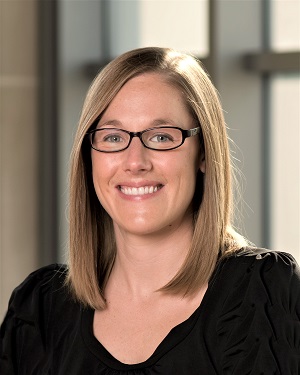
Winter 2021
Insights from Obesity and Eating Disorders Researchers on Diversity, Equity, and Inclusion
Christine Jovanovic, PhD, MPH✉; Anne Claire Grammer, MA✉; Jackie Hayes, PhD✉; and Jennifer Mandelbaum, MPH✉; Obesity and Eating Disorders SIG



Kristin Heron, PhD; Roger Figueroa, PhD, MPH; and Tiffany Carson, PhD, MPH
The Obesity and Eating Disorders (OED) Special Interest Group interviewed Kristin Heron, Associate Professor at Old Dominion University; Roger Figueroa, Assistant Professor at Cornell University; and Tiffany Carson, Associate Member of the H. Lee Moffitt Cancer Center and Research Institute, about their perspectives on Diversity, Equity, and Inclusion (DEI) in OED research. With increased emphasis on the social determinants of health and health equity, these experts’ insight on integrating DEI across OED research will be of interest to a broad range of researchers at SBM. We present selections from interviews with these experts.
A lot of work is prioritizing DEI in eating and weight management research and programming. What do you find most exciting?
Dr. Carson: Efforts to understand and address the role of systemic racism and other race-associated societal factors in eating and weight management. I am excited that researchers are recognizing that race and/or ethnicity are not just variables to control for statistically.
Dr. Heron: The ways in which we are expanding our understanding of diversity to include a wider range of aspects of people’s identities – race, ethnicity, gender, sexual orientation, age, religion, ability, language, socioeconomic status, geographic setting, etc. – is really exciting.
Dr. Figueroa: The sense of urgency to account for the lived experiences of those who have been historically excluded and marginalized in eating and weight management research.
What are the biggest research gaps in this area?
Dr. Heron: Recognizing the importance of considering intersectionality, or how being a member of multiple marginalized groups may impact health.
Dr. Figueroa: Eating and weight management research has predominantly focused on individual and/or social behavior change. We need more attention on upstream factors (i.e., institutionalized racism, economic inequality, residential segregation) shaping the context for social and behavioral outcomes.
Dr. Carson: The dissemination and implementation of evidence-based guidelines to diverse communities with long-term sustainability. Finding ways to educate and empower individuals from all backgrounds to leverage findings from research to improve their health.
What would you consider you biggest "lessons learned" or pitfalls to avoid?
Dr. Figueroa: We need to include and support hardly-reached populations, as well as address the underrepresentation and lack of (financial, logistical, psychological, social) support of minoritized scientists.
Dr. Heron: Finding community partners early in the project planning process is so important for the success of this work.
Dr. Carson: Understanding that things may not always happen as quickly as I would hope. Background work must be done to understand and set priorities that interest all stakeholders.
What advice would you offer trainees starting in DEI in eating and weight management research?
Dr. Heron: Find collaborators or mentors with expertise in DEI, even if their content interests are outside your own.
Dr. Figueroa: Seek well-rounded and rigorous training that provides an understanding and tools to account for upstream social and structural factors.
Dr. Carson: Understand this work often requires relationship building, data collection, and the courage to challenge practices and systems that have been in place for a long time.